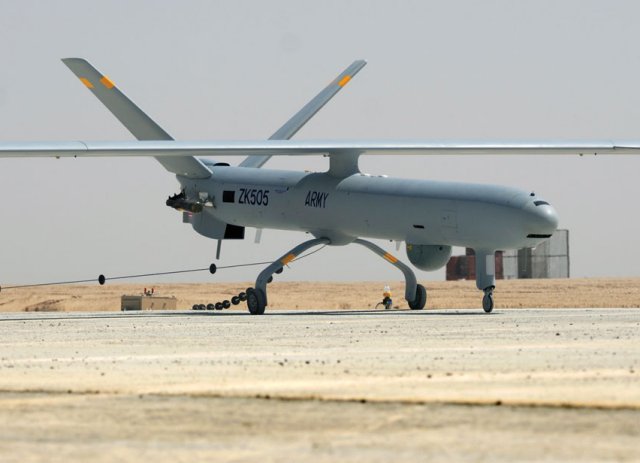|
|
|||
|
Defence & Security News - United Kingdom
|
|||
|
|
|||
| UK Prime Minister David Cameron urges for more SAS and drone missions to fight ISIS | |||
|
The British Prime Minister David Cameron has asked military and officials to look at increasing funding for special forces and other counter-terror capabilities as part of the UK Strategic Defence and Security Review (SDSR). This includes escalating Special Air Service (SAS) and drone missions against ISIS, the Financial Times reports.
|
|||
|
|
|||
 UK Prime Minister David Cameron wants to expand drone missions against ISIS UK Prime Minister David Cameron wants to expand drone missions against ISIS |
|||
|
|
|||
|
Last week, British Chancellor George Osborne took the UK parliament by surprise by announcing in his Budget speech that the UK will meet the NATO target of spending 2% of gross domestic product on defence, which is equivalent to an extra £1bn (US $1.55bn) above inflation.
The Financial Times said the prime minister is keen to focus on new measures to protect the country from evolving threats like extremism, cyber warfare and the dangers posed by increasing aggression from Russia. "As prime minister, I will always put the national security of our country first. That's why it is right that we spend 2% of our GDP on defence, because this investment helps to keep us safe," Cameron said. "Now we know how much we will spend, what matters next is how we spend it. I have tasked the defence and security chiefs to look specifically at how we do more to counter the threat posed [Isis] and Islamist extremism," he said, according to the Financial Times. This, he added, could "include more spy planes, drones and special forces. In the last five years, I have seen just how vital these assets are in keeping us safe," he added. On Monday Mr Cameron will visit RAF Waddington, the UK’s drone base in Lincolnshire, which co-ordinates flights of unmanned aircraft over Iraq and Syria. The UK is part of a coalition of more than 60 countries opposing Isis, but while in Iraq the RAF’s jets and drones are carrying out attacks on Islamic militants, in Syria drones are limited to a surveillance role. Ministers are attempting to build a consensus to extend the RAF’s air campaign to include strikes against Isis targets in Syria. The RAF’s jets and drones are part of the coalition attacking IS in Iraq, but in Syria the drones are limited to a surveillance role – although ministers have begun setting out the case to extend the bombing campaign to the terror group’s strongholds in that country. |
|||














